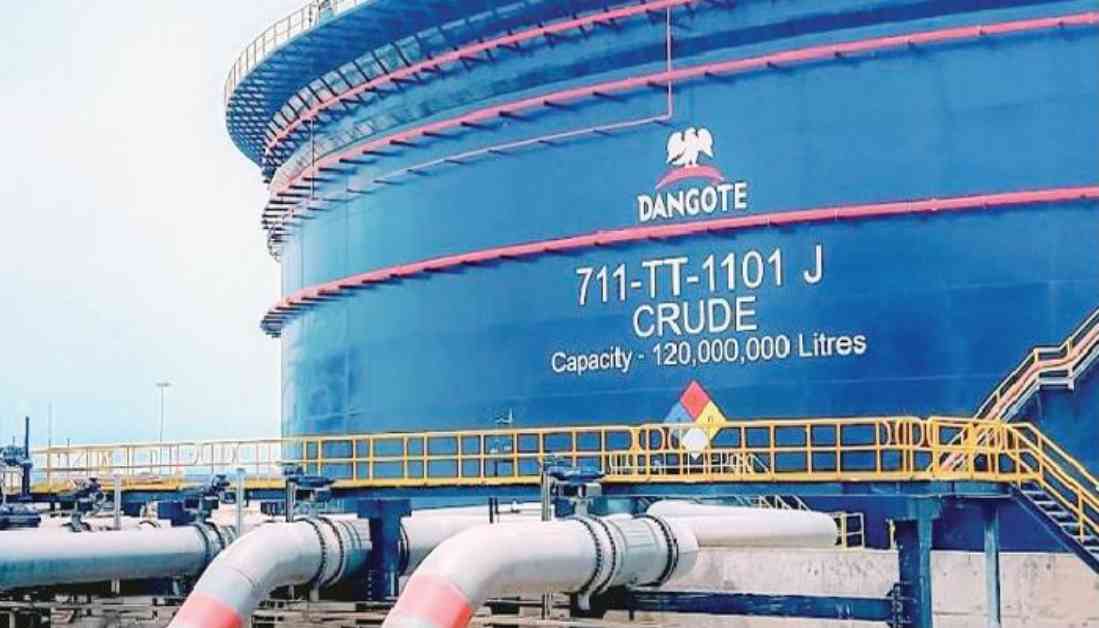Dangote Fuel Price Cut Sparks Concern Among Imported Marketers
The recent decision by the Dangote Petroleum Refinery to slash the ex-depot price of Premium Motor Spirit (PMS), commonly known as petrol, has stirred both excitement and apprehension within the petroleum industry. The move, announced on a Saturday night, saw the refinery lower its price from N950 to N890 per litre, citing favorable global energy sector developments and a significant drop in international crude oil prices as reasons for the adjustment. This decision, aimed at providing economic relief for Nigerians, reflects the refinery’s commitment to aligning with market realities and ensuring consumer benefits from international price fluctuations.
Marketers React to Price Reduction
In response to the price reduction, imported fuel marketers expressed concerns about potential losses and implications on their businesses. The sudden adjustment caught many marketers off guard, leading to worries about selling products purchased at higher prices before the announcement. For some, this could translate into significant financial losses and debts running into millions of naira.
Hammed Fashola, Vice President of the Independent Petroleum Marketers Association of Nigeria, acknowledged the dual impact of the price reduction on businesses, noting both positive and negative outcomes. He highlighted the necessity for marketers to adapt to market changes and make informed decisions regarding product purchases and pricing strategies. Fashola emphasized the importance of staying competitive in the industry and adjusting prices to remain viable in the face of market dynamics.
Navigating Market Realities and Competition
Addressing the competitive landscape in the petroleum sector, Fashola underscored the challenges faced by marketers in balancing profitability with consumer benefits. The threat of imported fuel undercutting locally refined products prompted Dangote refinery’s price reduction as a strategic response. Fashola commended the move as a step towards fostering healthy competition and driving down fuel prices for the public’s benefit.
The Changing Market Dynamics
As the industry grapples with evolving market dynamics, industry leaders like Billy Gillis-Harry of the Petroleum Products Retail Outlet Owners Association of Nigeria anticipate a ripple effect across the petroleum sector. Gillis-Harry highlighted the potential for price reductions by other industry players, including the Nigerian National Petroleum Company Limited, in response to heightened competition. He emphasized the positive impact of reduced fuel prices on citizens, the economy, and overall cost of living, predicting a boost in economic activity and consumer spending.
Expert Insights on Market Shifts
Chinedu Ukadike, National Publicity Secretary of IPMAN, shed light on the financial implications for traders following price reductions in the petroleum sector. Drawing on past experiences with diesel price adjustments by Dangote refinery, Ukadike highlighted the challenges faced by marketers in maintaining profitability and managing debt obligations. He emphasized the need for strategic decision-making to mitigate losses and navigate the changing pricing landscape effectively.
Looking Ahead
As the industry grapples with price adjustments and competitive pressures, stakeholders are urged to adapt to market realities and consumer demands. The reduction in PMS prices is expected to have far-reaching impacts on consumer spending, economic growth, and inflation rates. Amidst these changes, industry players must remain agile, innovative, and consumer-focused to thrive in a rapidly evolving market environment.
In conclusion, the recent price cut by the Dangote Petroleum Refinery has set the stage for a competitive and dynamic market landscape, where consumer benefits, economic growth, and industry sustainability are at the forefront. By embracing these changes and adapting to evolving market conditions, stakeholders can navigate challenges, seize opportunities, and drive positive outcomes for the sector and the Nigerian economy as a whole.



























